The purpose of this study are to; 1) study the level and the differences of development of human capital, and human capital competency in aviation, and service satisfaction of ground service officers. 2) study the development of human capital that affect the competency of ground service officers. 3) Study the aviation human capital of ground service officers that satisfy the passengers.
This research is primarily quantitative research and the qualitative was supplemented by structured in-depth interviews to foster the results. The sampling groups divided into two main groups. The first samples were those who work in the aviation industry, consisting of full-service airlines and low-cost airlines senior staff level. The second group was full-service and low-cost airline passengers. The data was collected through questionnaires for quantitative. While the qualitative was conducted by interviewing the airlines’ executives.
The first objective found that the approaches to developing aviation capital from airlines’ employee perspectives are classroom training, learning organization, job rotation, a field trip for learning, and education at highest level. Whereas, the competencies that fit for aviation human capital are having a volunteer attitude, cultural diversity management, communication and interaction skills, communication skills of the foreign language, technological skills, creativity and innovation for the job improvement, service-minded, continuous learning for self-improvement, ethics and morals, being expertise in career, and job achievement at the highest level. The result of passengers’ satisfaction on service quality, responsiveness to passengers’ needs, reliability and assurance, and service expectation at highest level.
The second objective the approaches affecting aviation human capital development are classroom training, job rotation, on-the-job training, coaching, and learning organization. And the third objective the competences affect passengers’ satisfaction towards ground service officers are communication skills of the foreign language, continuous learning for self-improvement, having a volunteer attitude, service minded, communication and interaction skills, teamwork, emotional quotient, cultural diversity management, and ethics and morals. The recommendation from this research for policymakers of the government agencies to monitor the aviation standards for the development of aviation personnel. The government agencies should implement policy on the manpower development process for the ground service systematically. Considering that, the institutions should apply the methods of learning and development as well as the necessary competencies to students.

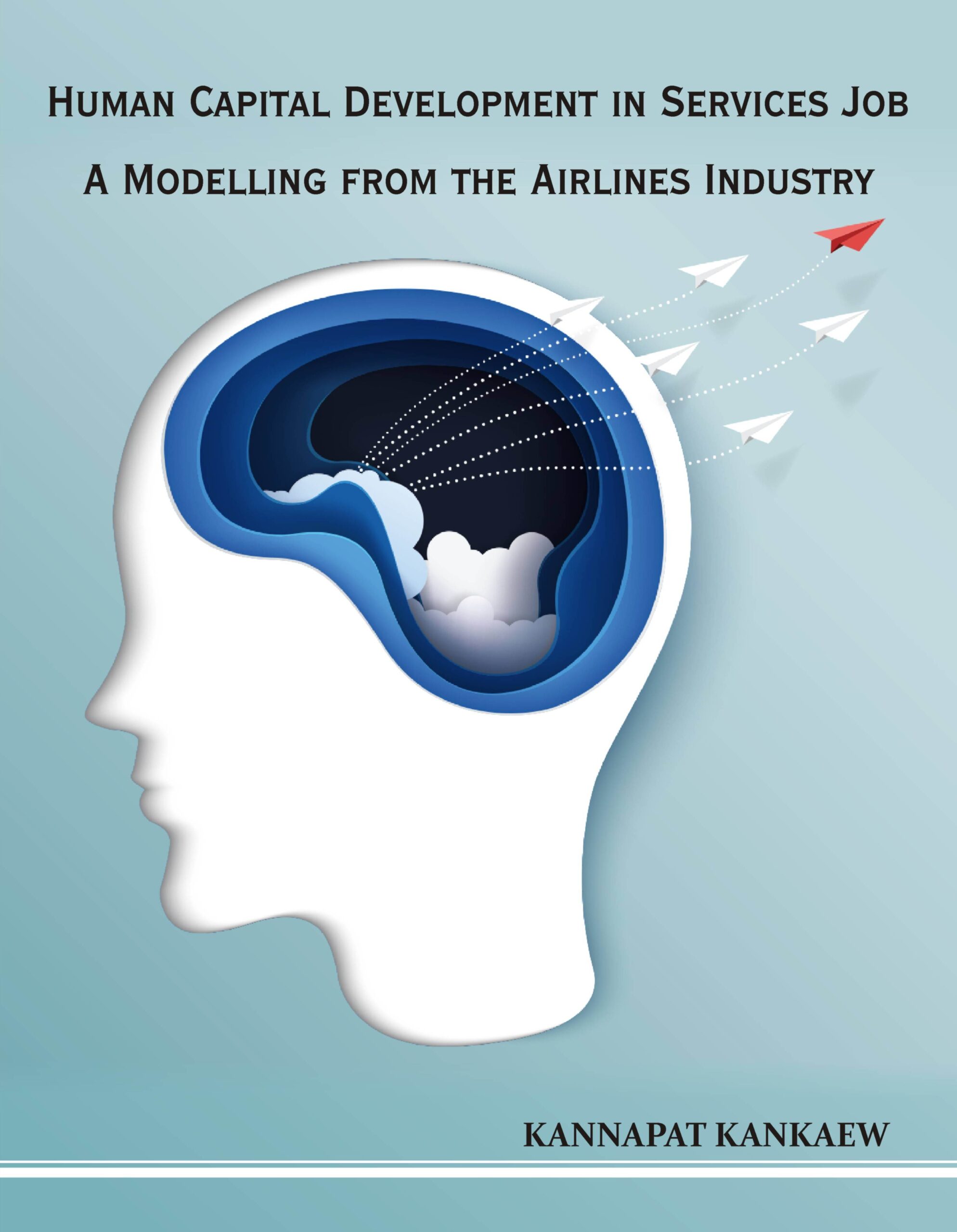
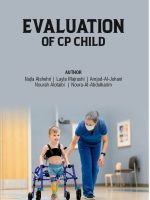
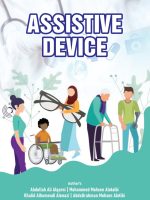





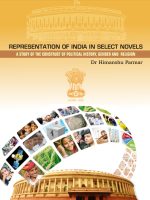




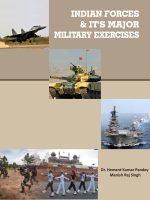
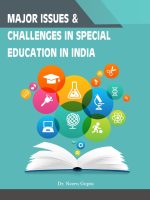

Be the first to review “Human Capital Development in Services Job: A Modelling from the Airlines Industry”
You must be logged in to post a review.